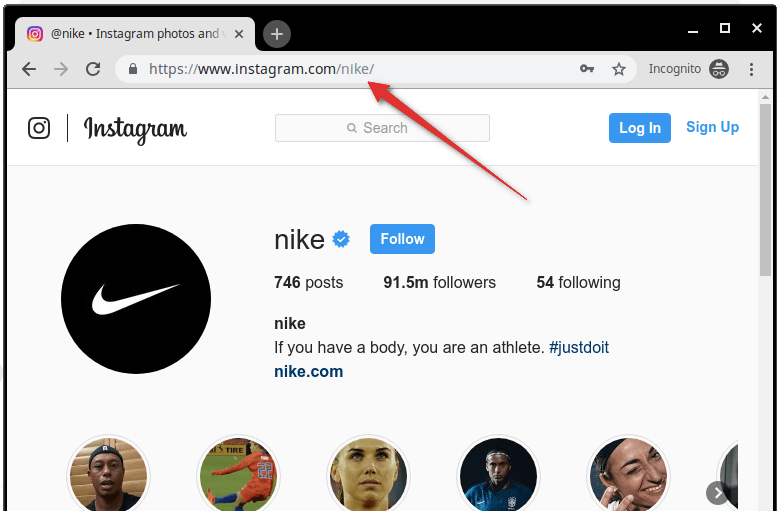Edtech
Empowering Education: How Technological Innovations Are Transforming the College Experience
Back in 2020, the pandemic affected millions of people across the world. And it led to lockdowns and isolation. The job market and higher education system weren’t prepared to handle this challenge. However, millions of college students managed to study, take tests and get their grades.
Research studies have shown that close to 97 percent of higher learning institutions have transitioned to online learning. Most learning institutions are rushing to implement digital transformation initiatives to make the learning process more personalized and efficient without spending a fortune. In this article, we are going to discuss how technological innovations are transforming the college experience.
Education and technology – what is the link?
Technology has transformed most aspects of learning. And how learning institutions run. It has made education more accessible, cheaper, and engaging. Students with difficult assignments don’t have to spend a lot of time researching, writing, and editing. They can get expert help from an EduBirdie essay writer to get good grades and have ample time to work on other projects. You can also make money easily as a college student thanks to technology. You can get an essay editor job and edit essays for money. Helping other learners will enable you to achieve your biggest goals.
How Technological Innovations Are Transforming the College Experience
Technology has transformed almost every aspect of college. It has made learning more accessible, cheaper, and engaging. Here are some of the ways innovations have transformed the college experience:
Lifecycle management of students
Higher learning institutions can easily come up with an education approach that is driven by data, automate processes and allow learners to access important education resources whenever they want. One of the leading trends in the education sector is Student Lifecycle Management. This software enhances the student lifecycle by creating a conducive study environment.
- Prospecting
When applicants want to conduct extensive research on a higher learning institution, they usually visit its site, social media channels and read the impressions of alumni. Once they are satisfied with everything they’ve seen, they’ll submit their applications. Student Lifecycle Management improves the interaction between the school and potential students at every touch point. AI and data analytics usually provide insights into the recruitment campaigns of universities. These technologies enable users to monitor the effectiveness of an institution’s marketing efforts in real-time and get the best learners.
Leveraging machine learning and artificial intelligence for education improves the processing of data provided by social media to discover what learners, parents, and alumni think of the learning institution. Competitive intelligence allows tutors to compare the academic performance of students and whether it’s favored by potential applicants.
To accelerate the enrolment process, learning institutions are adopting CRM software widely. CRM is used to promote application management at each stage starting from application to confirmation. Information education technologies encourage the transition to subscription-based learning that is affordable. Students will have the power to browse through various programs, subscribe to the one they prefer, and connect their credit cards for automated payments.
- Billing and accounting
Most students in our modern world expect their payments to be quick and smooth. And this requires learning institutions to use the appropriate technology for billing and accounting. These technologies usually feature a portal for administrators and smartphone apps for students. Learners can use these technologies to pay tuition fees and purchase items on campus conveniently. On the other hand, the portal facilitates swift and centralized payment processing.
- Personalizing the curriculum
Thanks to the advancement of AI technologies, learning institutions can easily accelerate the learning process to help students achieve their academic goals. Tutors can promote academic success by using AI technologies to analyze assignments, tests, class notes, and other forms of data that build a unique profile to learn. Through the profile, AI can share effective tips that tutors can use to help their students excel. For instance, tutors will get to know whether a specific student prefers reading, listening, or watching videos to grasp important books concept.
In the end, students benefit from having a personalized curriculum since tutors will use the reports based on the achievements of their learners to enhance the teaching process.
- Campus communication
There are a lot of innovative technologies that encourage engagement and improve campus experiences. The most popular ones include videoconferencing and chatbots.
Videoconferencing is gradually becoming one of the leading enablers of distant learning. This piece of technology has been thriving since the days of the pandemic. By using conferencing apps, tutors can enhance the learning process by making it more enjoyable, engaging, and convenient. For instance, they can invite experts on a subject matter to hold lectures online and converse with students.
Chatbots usually respond in the blink of an eye to student queries. They simplify the process of navigating campus by reminding learners about upcoming tests and classes to name a few. A learning institution that invests in a chatbot will simplify the life of students and help them focus on bigger goals.
Smart University
By putting tech innovations to use, learning institutions can develop infrastructures that meet the modern student. A smart university embraces tech applications that enhance connections and intuitive experiences for professors, students, and college admins.
- Safety and Security
Learning institutions can make the most out of biometric technology, CCTV cameras that are powered by artificial intelligence, and facial recognition to keep learners away from unauthorized personnel. These technologies can also be used to track lecture attendance and get feedback in real-time about the classes in that students are most engaged. While safety and tracking have their advantages in college, most learners usually resist them and start arguing about the effects that modern tech has on individuals. One of the easiest ways to prevent ethical issues while boosting security is by recognizing potential threats and violent behaviors instead of facial features.
- Smart dorm
In a bid to improve the quality of services, learning institutions can digitize dining, housing, and recreational activities. For example, they can use data obtained from motion tracking sensors, thermostats, and smart lighting systems to lower room temperature or turn off lights when no one is there. As for dining, technology can be implemented here so that learners can look through the available options through a mobile app or self-service kiosk. Here, they can place their orders after knowing what they want.
Student engagement
To improve the learning process and enhance student engagement, learning institutions have started making the most out of virtual tutors, smart learning environments, and gamification.
- Smart learning environments
Augmented and virtual reality, whiteboards and 360-degree video tools in the education sector have greatly enhanced the learning experience. For instance, interactive whiteboards enhance flexibility in sharing support files, content delivery and provide easy access to the web.
- Virtual tutors
Virtual tutors are artificially powered techs that converse just like human beings. Virtual tutors can be programmed to perform any task ranging from facilitating foreign practice to training college students. These avatars can also be trained to act as patients for students taking psychology courses.
Conclusion
Students can be empowered to learn new concepts easily through tech advancement. The technologies that we’ve discussed here can transform the college experience and help learners achieve their academic goals.
Author Bio:
Karl Bowman is an experienced article writer and public speaker. He is passionate about reading books and sharing insightful messages with college students. He loves drawing and traveling to new destinations in his free time.














